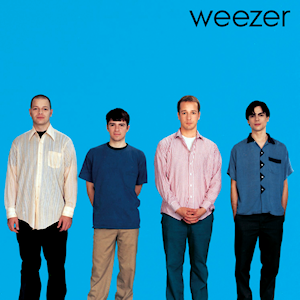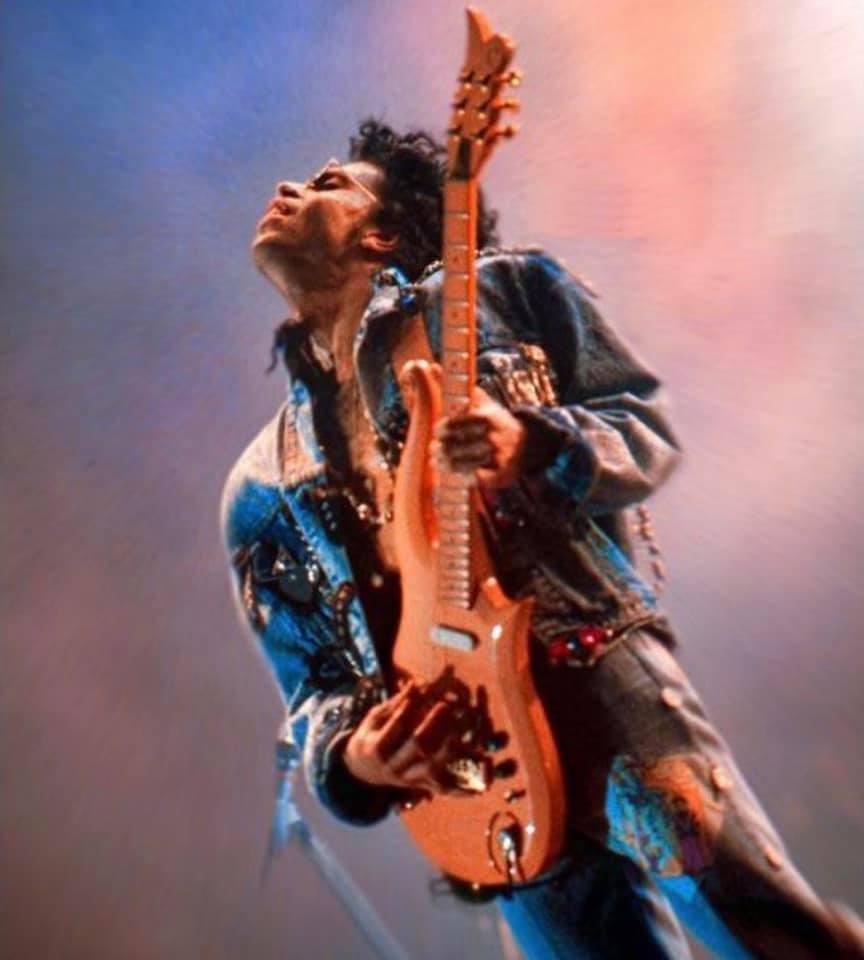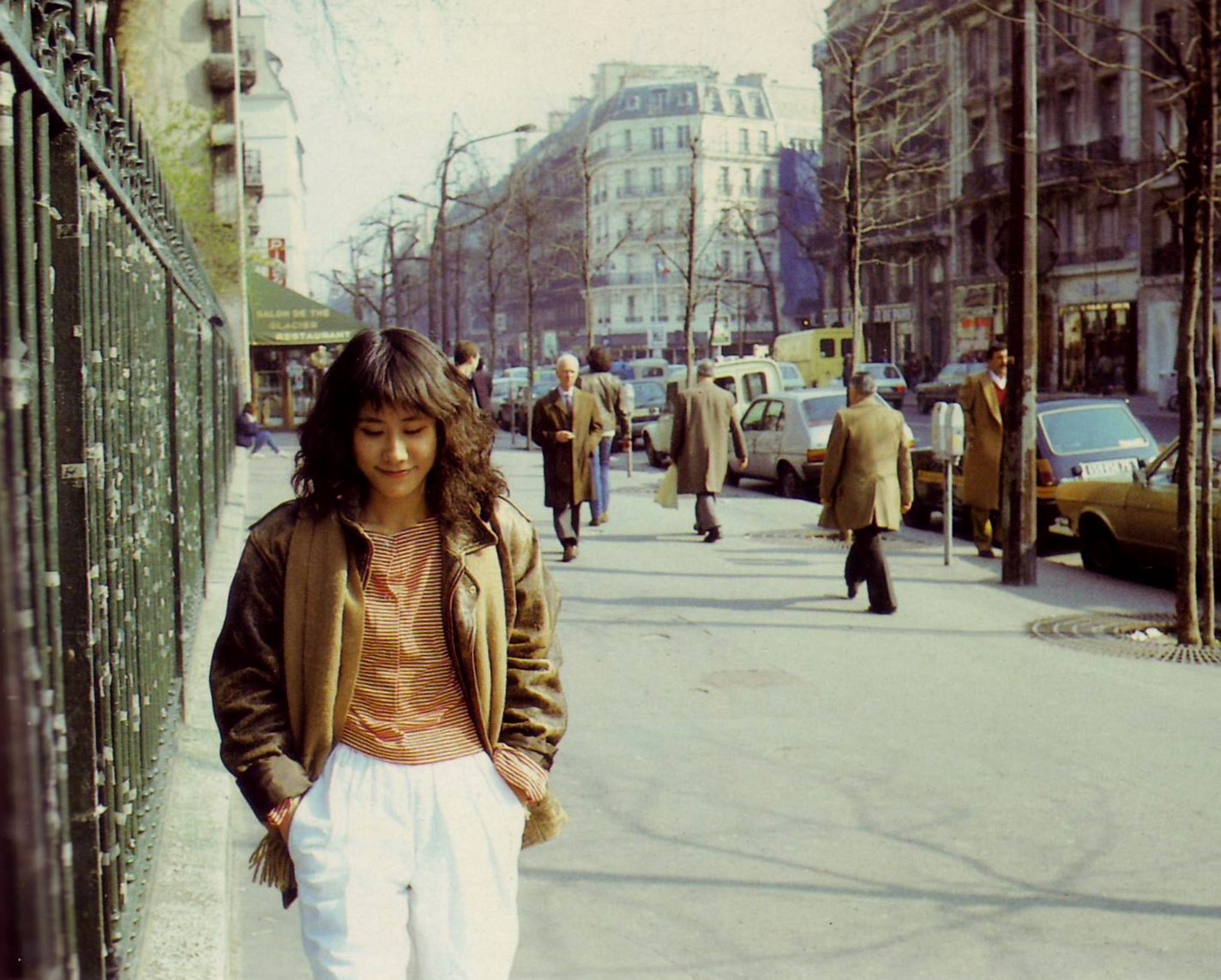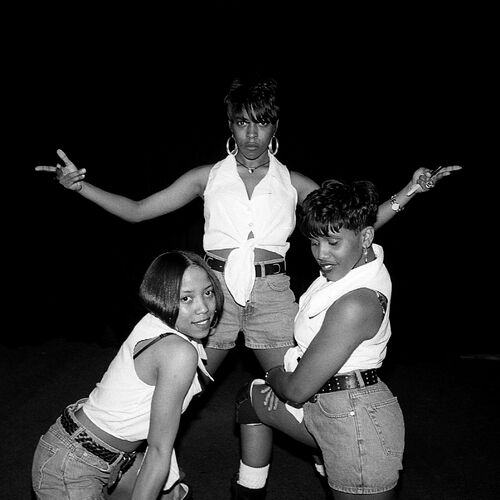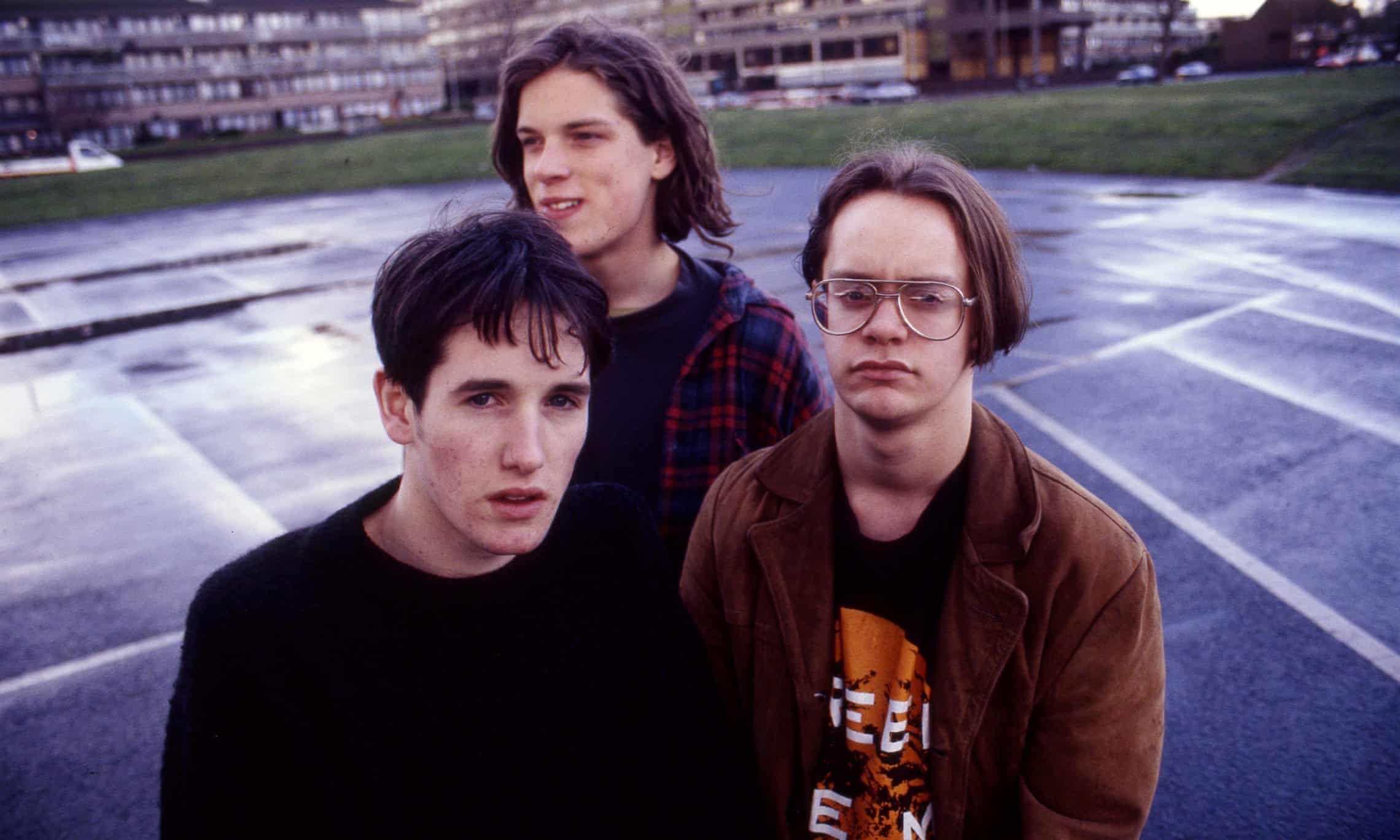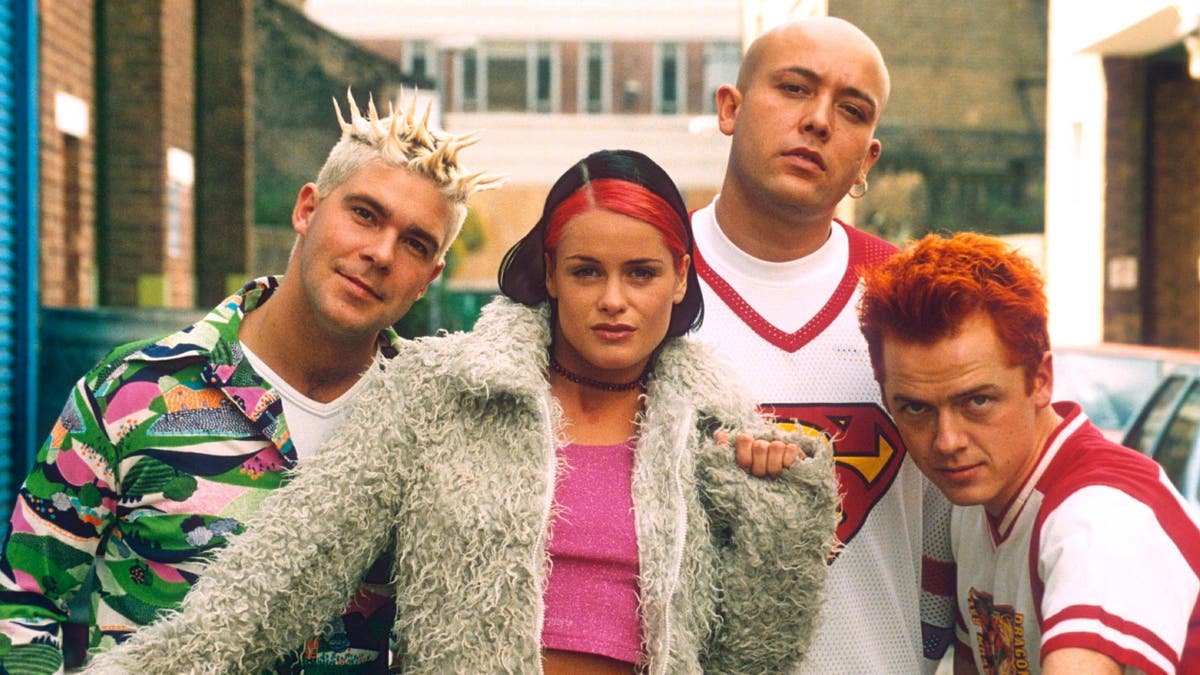
In late 2005, relatively freshly established J-pop artist Koda Kumi embarked upon her 12 Singles Collection project, where a new single was released each week from December 7th to February 22nd. This plan had 'publicity stunt' and 'cash grab' written all over it, or at least it would have if her primary audience was found in the western world. But for the 'Japanese Christina Aguilera' (I do not remember where I read this comparison, but I definitely saw it somewhere), who was more sophisticated and voice-driven than your typical idol, this was the perfect way to capitalise on a culture who loves their pop icons and amassing a personal collection, but also to show off as a singer and creative talent. With each single's artwork featuring Koda boldly styled in a colourful, avant-garde take on a costume from a different country's culture, the visuals were every bit as beguiling as the idea itself. It could be dismissed as a gimmick, were it not for the fact that the music is genuinely rather good.
- Someday
- D.D.D. (feat. Soulhead)
- Kamen (feat. Tatsuya Ishii)
- Love Goes Like
- Lies
- Birthday Eve
- Wind
- Candy (feat. Mr Blistah)
- Ima Sugu Hoshii
- Shake It Up
- You
- No Regret
- Feel
(Exempt from total score: Introduction To The Second Session)
Average Score: 6.93
Something I love about popular music from the naughties - especially that with an r&b influence - is how instantly identifiable it is; so often, there is such a distinct and incriminatingly dating sound. This certainly shows up throughout, unavoidably so in Candy and Love Goes Like, but because of how all the music is so sweeping and radically unrelated in style, whilst still somehow maintaining its shape as a uniform project, the datedness doesn't set in. Or rather, it is cushioned, by the through thread of Koda's immaculate voice, the ultra-modern (modern but decidedly not futuristic) sound of each track's instrumentation and, to the credit of Koda's management, the image projected through the videos and artwork. Eclectic, vibrant, exciting, but always Koda through and through - that is what this album is, to the eyes and ears alike.
Though D.D.D. borrows its verse melody from the already frequently reimagined western mainstay Lady Marmalade, these are perhaps the least impressive moments of the song. With each other section, it transforms into a whirlwind of a pop track, breathing fantastical life into tried-and-tested chord progressions with earworm melodies and full-throttle, undying energy that make this the absolute pinnacle of all upbeat get-up-and-dance tracks. Even with the occasional r&b moment, pure pop is the predominant sound. But this exists as a spectrum within itself, and D.D.D. sits somewhere in the middle - right between the sugary, squeaky-clean bubblegum of Wind and Birthday Eve and the quirkier, heavily mixed and scratched Lies. All of these songs sound correct in each other's company, becoming a cross section of Koda's tastes and talents, and a real showcase of her dynamism.
My lower rated tracks are among the best known from this era - You, the lead single of the project, remains the best-selling of the individual releases and something of a signature ballad for Koda, while No Regret, which also performed well, found an extra lease of life as an anime opening theme. Though no less competent than the rest of the album, the former is a little on the bland side (especially compared to the heady and indulgent duet Kamen, a far more satisfying ballad) and the latter being rather hard and fast, very constant with its orchestra hits and techno-esque timbres, but without much resolution. Feel seems to combine both of the other bottom songs' flaws, being anomalously bland in an album full of sugar, spice and full-bodied flavour.
Finale track to both the album and the project itself (the orders of original release and compilation tracklist are different), Someday, makes for a dramatic and memorable ending. Rich string flourishes, teeter-tottering piano chord phrases and silky wah guitar bring together elements from disco, house and funk respectively, lending themselves to the most elegant j-pop imaginable. This makes for a timeless and grand sound, that stays with you long after you finish listening. Furthermore, each of these instrumentations feature elsewhere on the album, making Someday the most apt and gratifying way to end the proceedings and consolidate the whole project. It's everything a closer should be, and the perfect way to encapsulate the overall energy of the compilation without repeating anything or being too literal.
 |
| The cover photos for each of the 12 separate single releases |
This capsule collection of music is an inimitable relic of its time in terms of concept, while the fruits of it are anything but, their overall coalescence managing to straddle multiple sub-genres and transcend time. Such a bold idea surely won't be attempted again, certainly not in the age of digital music and streaming. Because it stands out to me as such a singular entity, I've struggled to get into much more of Koda Kumi's music. Stepping outside the Second Sessions bubble I've somehow found myself within would almost feel a betrayal of my love for it. This probably has a lot to do with how unavailable her music was to me at the time it was made. My CD copy of this was imported from Japan, purchased over eBay for an amount I would not usually feel happy paying for an album I'm buying blindly, and it was almost entirely gambled on the promotional artwork (above) I'd seen online, and the fact I knew of Koda from when she sung the Final Fantasy X-2 theme. This gamble, of course, paid off for me - but, for so long, it was the only access I could really afford myself to her music. Now, of course, I have Spotify, Youtube, full 2025 internet access. I could even follow her on instagram probably. But it's scary to venture out of this project's bubble when I look around from within and see something verging on perfection. Sure, I've been critical, but it really does sparkle to me. When I ranked it and saw the score, I was initially surprised, but when writing about it and breaking down the music, it makes so much sense to me that I rate it all so highly. One day I'll branch out and absorb a wider discography of Koda Kumi, but for now I'm more than happy to stay here and relish in the glory of this incredible and unlikely 'best of' album, that defies the very archetype it constitutes.

